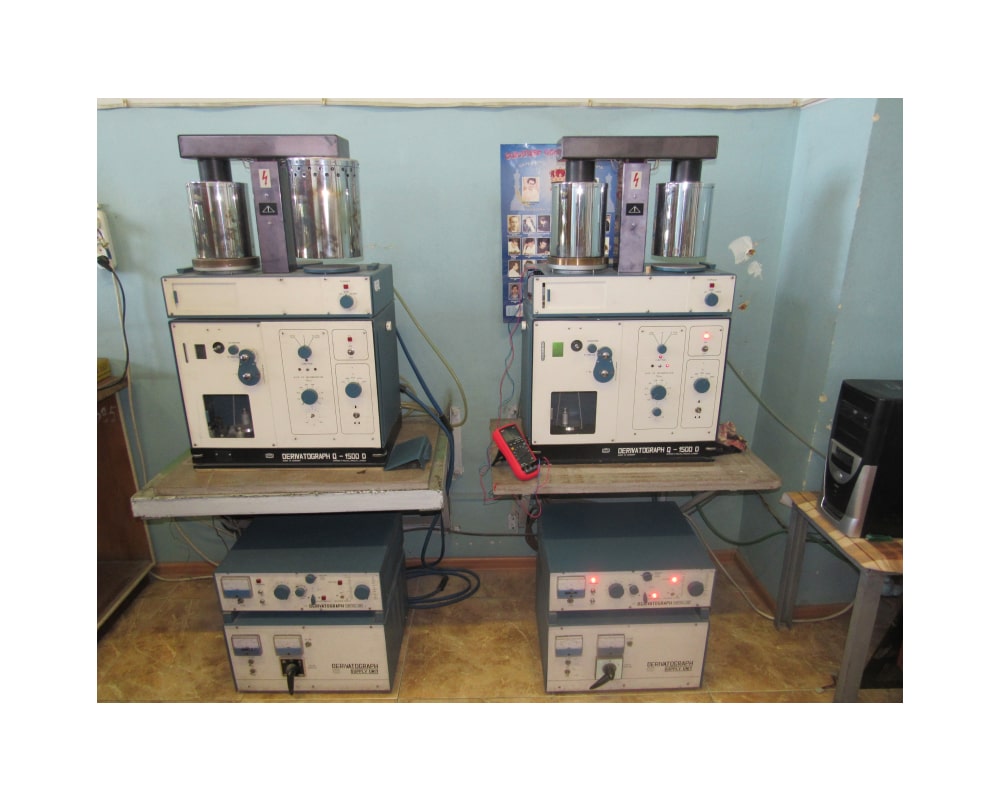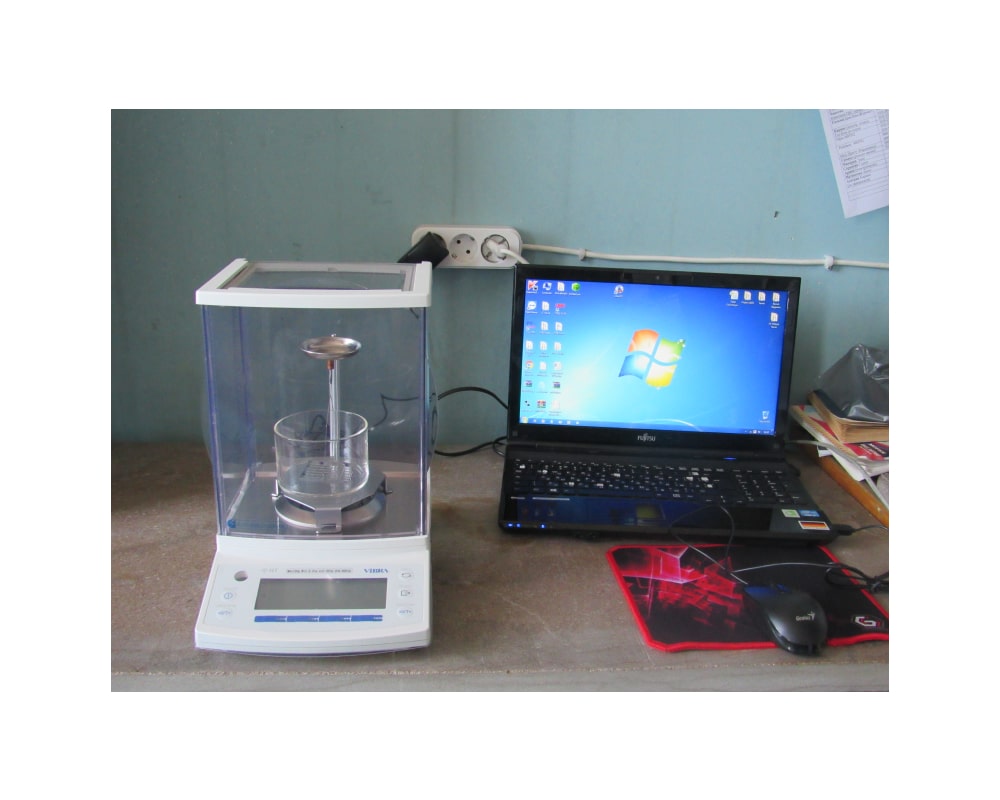Achievements
Main scientific achievements of laboratory
• On the first time, during study of SHS processes in the metal-carbon system, the possibility of synthesis of nonstoichiometric titanium carbides of various composition were shown, and the lower limits of burning of titanium-carbon (Ti + 0.3C) mixture are defined.
• A systematic study of combustion processes in the Me-Si and Ti-C-B systems has been carried out. Complex carboborides of titanium and zirconium, MoSi2, Mo(Si,Al)2, TiSi2, ZrSi2, NbSi2, TaSi2 silicides, etc. have been synthesized. A technology for obtaining molybdenum disilicide MoSi2 and aluminosilicide Molybdenum Mo(Si,Al) of various compositions has been developed.
• In 1975 in the IChPh of AS of Arm. SSR, in the laboratory of high-temperature synthesis, the SHS processes in the Me-H2 system were predicted and implemented for the first time. This direction became a priority for the studies of the Laboratory.
Various hydrogen-containing systems were investigated, including:
• Metals of III, IV and V groups, rear-earth metals-hydrogen, deuterium;
• Metals of IV and V groups - carbon hydrogen;
• Metals of IV and V groups - nitrogen - hydrogen;
• Zr2Ni, Zr2Co, ZrNi, ZrCo, Ti2Co and other intermetallics-hydrogen.
Main scientific achievements of Laboratory:
- for the first time as a result of study of SHS processes in the metal-carbon systems, the synthesis of nonstoichiometric titanium carbides of various composition were realized.
- The combustion processes in the Me-Si and Ti/Zr-C-B systems has been studied systematically. Complex titanium and zirconium carbo-borides, and the MoSi2, Mo(Si,Al)2, TiSi2, ZrSi2, NbSi2, TaSi2 silicides have been synthesized. A technology for obtaining molybdenum disilicide MoSi2 and alumino-silicide Mo(Si,Al)2 has been developed.
- Сombustion of metals in hydrogen
- Thermal-radiation processes in Me-H systems
- Compacting of hydrides (Link 3)
- Development of new “Hydride cycle” method for synthesis of alloys and intermetallics of transition metals. (Link 4)
- Synthesis of Max-Phases in “Hydride Cycle” (Link 5)
- Practical elaborations (Basic results in R&D) (Link 6)





